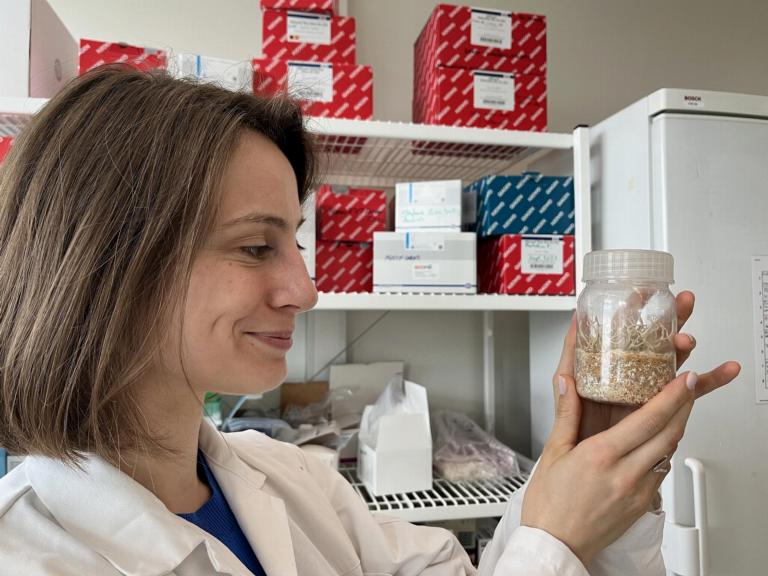
We study how the interplay of interactions determines evolutionary processes. We integrate a combination of phylogenetic, ecological, genomic, morphological, and anatomical approaches and apply these to several target taxa across the 'Tree of Life'. Our research includes comparative, descriptive, and experimental tools, and implements both field and collection-based research. Our goal is to address fundamental questions on the evolution and patterns of biodiversity, leading to novel and powerful insights into our natural world.





























